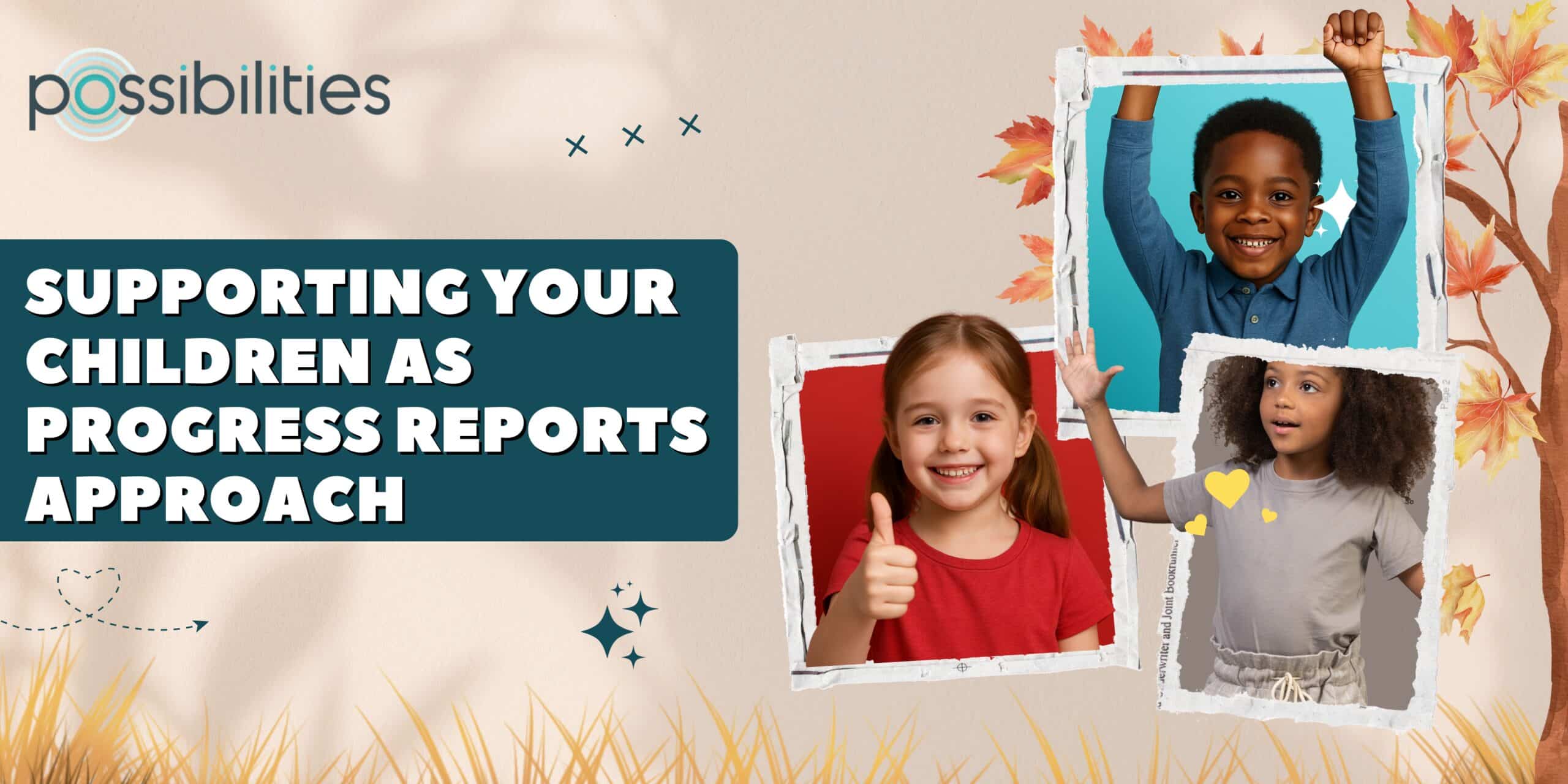by Brenda S Miles, PhD, C Psych
Clinical Paediatric Neuropsychologist
Welcome back to our Possibilities Word of the Week. Admittedly, it’s been a few weeks. But during that time we’ve been working hard behind the scenes to determine how best to assist you going forward. This Word of the Work will be our last—at least in its weekly format—because we’ve listened to you and found new ways to assist.
If you haven’t caught the key word I’ve used twice already, it’s assist. Assist is our word of the week—and assistance is something we could all use right now in the midst of a global pandemic.
COVID-19 is a threat the world wasn’t prepared for. Scientists are rallying to find a vaccine. The rest of us are rallying to adapt, looking for different ways to do the same things we’ve always loved doing. When science comes through with a vaccine, our lives will hopefully return to hugs, concerts, and dinners with friends we remember so fondly. But some things may never return to their pre-COVID state—and some things may be changed forever. How we view Assistive Technology is one of those things I hope gets a reframe.
At Possibilities, computers and secure video connections like Zoom for Healthcare have made our work possible, and continuous, through the pandemic. Our medical and mental health professionals can still provide assessment and treatment to the families we serve. And now, with our expansion of telepractice, we are reaching adults, children and families all across Ontario. Assistive technology has supported our clinical expertise. And once the pandemic threat subsides, we’ll continue to provide secure video options to support adults, children and families.

Before COVID-19—and even now—some parents have expressed concerns about Assistive Technology for students with ADD, ADHD or Learning Disabilities. “Won’t it be a crutch?” some parents say, as if a crutch is a bad thing. If you can’t walk for any reason, a crutch is an assistive device. It assists you getting from A to B. It enhances mobility. I hear similar concerns about speech-to-text software for struggling writers. “Won’t it be a crutch?” some parents say, worried a laptop will stifle storytelling. Putting pen to paper to practice penmanship is one thing, but composing detailed stories is another thing entirely. Children who are skilled verbally, but who struggle to print neatly or quickly, will always be underestimated without assistive devices that support their storytelling. Laptops and associated software are assistive—not subtractive—and can help students leverage strengths rather than diminish them.
Is the phone you are using to read this blog a crutch? Is the computer you are using to work from home a crutch? Is the tablet you are using to speak with friends a crutch? These devices are assistive. They assist your child in accessing the curriculum. They assist you in doing your job. They assist us in sharing information. And above all, they assist all of us in reaching important goals.
Speaking of goals, hockey great Wayne Gretzky once said, “You miss 100% of the shots you don’t take.” When we think Gretzky, we think goals. There’s a good reason for that association. Gretzky played 1487 games in his NHL career and scored 894 goals. Do the math; that’s 0.6 goals per game, or one goal every two games, on average. That’s an incredibly impressive ratio as far as goal-scoring goes. But what’s even more interesting is this. In 1487 games, Gretzky made 1963 assists, which is over twice the number of goals he scored! Do the math now; that’s 1.32 assists per game!
Wayne Gretzy played to win, and in hockey that means scoring goals. But it also means seeing the inherent value of assists. Your child has goals, and so do you. Consider how devices and strategies can support your strengths, and the inherent strengths of your child. Assistive technology is a powerful tool to help achieve goals—whether circumstances are imposing social distancing, or ADD, ADHD and Learning Disabilities are imposing their own challenges requiring clever ways to work around them.
So, accept assists! Celebrate assists! Succeed with assists! When you accept assists, exciting possibilities happen.
WHAT’S NEXT?
To assist you going forward, we’re introducing a new blog called Q Possibilities. Ask us anything about attention and learning, ADD, ADHD or Learning Disabilities in children and adults and Dr. Doron Almagor, MD, a neuropsychiatrist, and Dr. Brenda Miles, CPsych, a neuropsychologist, will answer. We can’t offer specific diagnostic or treatment advice for you or your child—that would require a personalized appointment—but we’ll do our best to answer general questions. When you share what’s on your mind, we’ll know more about the kind of information you’re looking for. So, please, ask us a question. We’re here and eager to help!
To submit your question, please email us at q@possibilitiesclinic.com








